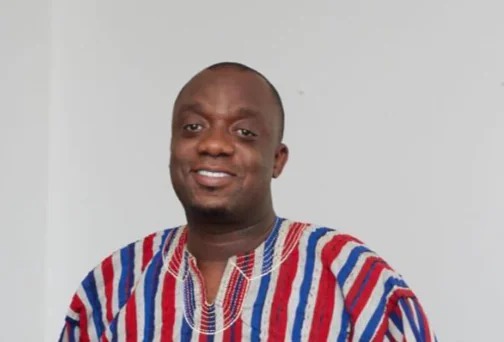New Patriotic Party (NPP) General Secretary Justin Kodua has defended Kennedy Agyapong’s withdrawal from the party’s contentious “Thank You Tour,” stating the Assin Central MP’s exit was necessary to de-escalate tensions following a violent incident during a campaign stop.
Kodua praised Agyapong’s “responsible” decision, acknowledging that his continued participation risked inflaming divisions within the party.
Speaking in an interview with Oyerepa TV, Kodua emphasized that Agyapong’s initial intent to join the tour, led by Vice President Mahamudu Bawumia, reflected a commitment to unity. However, the stabbing of a Kwame Nkrumah University of Science and Technology (KNUST) student linked to Agyapong’s camp during a Kumasi event prompted his withdrawal. “In the current atmosphere, Ken’s decision was wise,” Kodua said. “His presence might have unintentionally fueled further tension. Stepping back allows space for calm.”
Agyapong, a former presidential aspirant, has since assumed responsibility for the victim’s medical bills and academic expenses, with the injured supporter receiving treatment at Komfo Anokye Teaching Hospital. Kodua stressed that the MP’s actions underscored accountability but urged members not to overlook his initial goodwill. “His willingness to participate was positive. Withdrawing doesn’t negate that it shows maturity,” he added.
The incident has spotlighted lingering fractures within the NPP, as Kodua admitted grassroots supporters remain divided between Bawumia and Agyapong loyalists. “We’re seeing more Bawumia supporters rallying behind the Vice President, and Ken’s followers doing the same for him,” he said. “Our focus must be on unifying these groups to strengthen the party’s front.”
Despite the turmoil, Kodua reiterated the leadership’s resolve to stay on course. “The NPP is bigger than any individual or event. We won’t be distracted from our mission,” he asserted. His remarks come amid heightened scrutiny of the tour’s viability, which critics argue has prioritized internal politicking over national engagement.
The clash underscores broader challenges for the NPP as it navigates post-primary cohesion ahead of the 2028 elections. Political analysts note that while internal competition is common, public disputes risk alienating voters seeking stability. The party’s ability to reconcile factions and refocus on collective goals will likely influence its electoral prospects, particularly as opposition scrutiny intensifies.
As the NPP works to mend internal rifts, the incident serves as a reminder of the delicate balance between honoring grassroots loyalty and maintaining a united public image. How the party addresses these tensions could set the tone for its campaign strategy, emphasizing discipline and solidarity in a highly contested political landscape.
